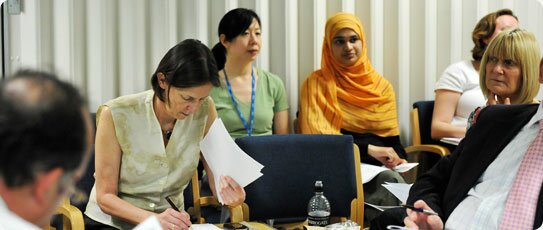
Royal National Orthopaedic Hospital NHS Trust
University College London Hospitals NHS Foundation Trust


latest news
>
Sarcoma Radiotherapy Research
20 February 2012 - Sarcoma Radiotherapy Research
Radiotherapy is a fundamental part of local therapy in the curative treatment for all types of sarcomas. This is a patient group where radiotherapy has been relatively poorly explored compared to the more common cancers. UCLH was recently able to employ a research fellow within the London Sarcoma Service to enable us to focus on this very important area of research. Dr Franel le Grange started work on various radiotherapy research projects in October 2011. This post has been funded through charitable donations for one year. The central theme of the research is to improve radiotherapy treatment for patients with sarcoma, improving the effectiveness of radiotherapy as well as reducing the potential long term side effects of treatment.
Current Projects:
IMRT in the treatment of limb sarcomas
We are investigating how best to use modern technical radiotherapy techniques like IMRT (Intensity Modulated Radiotherapy) in sarcomas. This technique is already used widely and proven to be beneficial in other more common cancer types, but there has been very little work done on how it should be used in sarcoma and what the benefit would be. We will be looking at using it for patients with sarcomas of the limbs as well as those with tumours near the spine or in the pelvis which are areas that can be very difficult to treat effectively with conventional techniques. There will be further exciting opportunities for research in this area when proton radiotherapy becomes available in the UK in the future.
Imaging in sarcoma
In addition we are looking at using different imaging techniques when doing scans for sarcoma patients including different settings on the MRI scanner to get more reliable information about how sarcomas change during and after radiotherapy and chemotherapy treatment. We want to find out how this information can be used to help us when we make treatment decisions for individual patients.
Our research is heavily dependent on the generosity of individuals. We would like to thank our charitable funders, The Panayiotis Ioannou Memorial Fund and the Lee Borham Fund for their support and contribution to this very important work. There is great potential to develop and improve how we use radiotherapy for our patients and we hope that the work we are currently doing will form the basis for an ongoing research programme.

